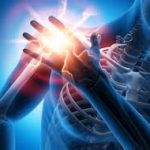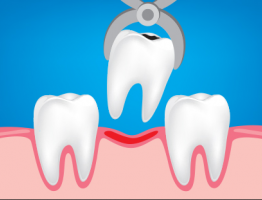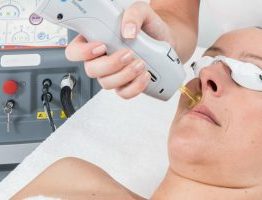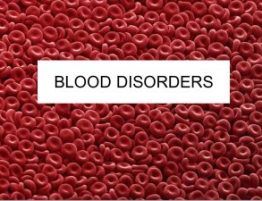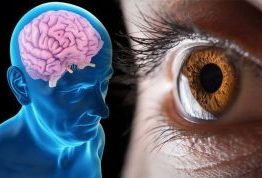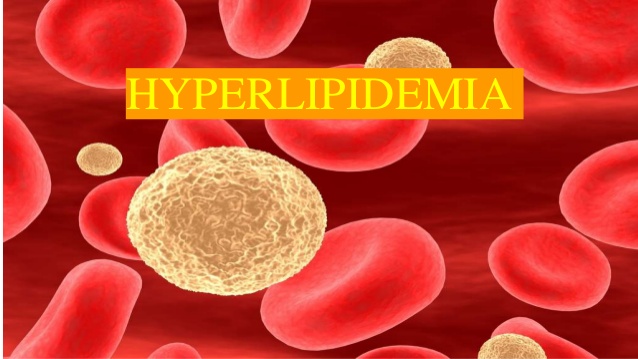
High cholesterol or Hyperlipidemia is a common problem. The term covers several disorders that result in extra fats, also known as lipids, in the blood. Some of its causes can be controlled, but not all of them.
The two major types of lipids (fats) found in the blood are triglycerides and cholesterol. Triglycerides are made when the body stores extra calories it doesn’t need for energy. They also come directly from the diet of foods such as red meat and whole-fat dairy. A diet high in refined sugar, fructose, and alcohol raises triglycerides.
Hyperlipidemia is more commonly known as high cholesterol. Although high cholesterol can be inherited, it’s more often the result of unhealthy lifestyle choices.
Symptoms
Usually, people with hyperlipidemia do not experience any symptoms. However, those with, or inherited hyperlipidemia, may develop yellow, fatty growths around the eyes or joints.
A doctor usually detects hyperlipidemia during a routine blood test or following a cardiovascular event, such as heart attack or stroke.
An excessive buildup of fat over time can cause atherosclerosis. This is when plaques develop on the walls of the arteries and blood vessels and narrow openings. This can lead to unstable blood flow through the vessels and can greatly increase the risk of heart disease and stroke.
Causes
Cholesterol is carried through the blood, attached to proteins. This combination of proteins and cholesterol is called lipoprotein. There are different types of cholesterol, based on what the lipoprotein carries. They are;
- Low-density Lipoprotein (LDL) – LDL or “bad” cholesterol, transports particles throughout the body. LDL cholesterol builds up in the walls of the arteries, making them hard and narrow.
- High-density Lipoprotein (HDL) – HDL or “good” cholesterol, picks up the excess cholesterol and takes it back to the liver.
A lipid profile also typically measures triglycerides, a type of fat in the blood. Having a high triglyceride level can also increase the risk of heart disease.
Treatments
Lifestyle changes such as exercising and eating a healthy diet are the first line of defense against high cholesterol. But, if the patient made these important lifestyle changes and the cholesterol levels remain high, the doctor might recommend medication.
The choice of medication or combination of medication depends on various factors, including the personal risk factors, the age, the health and possible drugs side effects.
Common choices include;
- Statins – Statins block a substance your liver needs to make cholesterol.
- Bile-acid-binding resins – the liver uses cholesterol to make bile acids, a substance needed for digestion.
- Cholesterol absorption inhibitors – the small intestine absorbs the cholesterol from your diet and releases it into your bloodstream.
- Injectable medications – newer class of drugs, known as PCSK9 inhibitors, can help the liver absorb more LDL cholesterol — which lowers the amount of cholesterol circulating in your blood.
What We Offer
We at Almurshidi Medical Tourism will find the best doctors to cater to your needs. We are partnered with a wide network of hospitals and clinics that provide top quality medical experience.
We provide free medical estimates, make medical appointments, and provide several medical opinions if needed at no cost.
Contact Us
For more information contact us at +66822004040 or via WhatsApp

